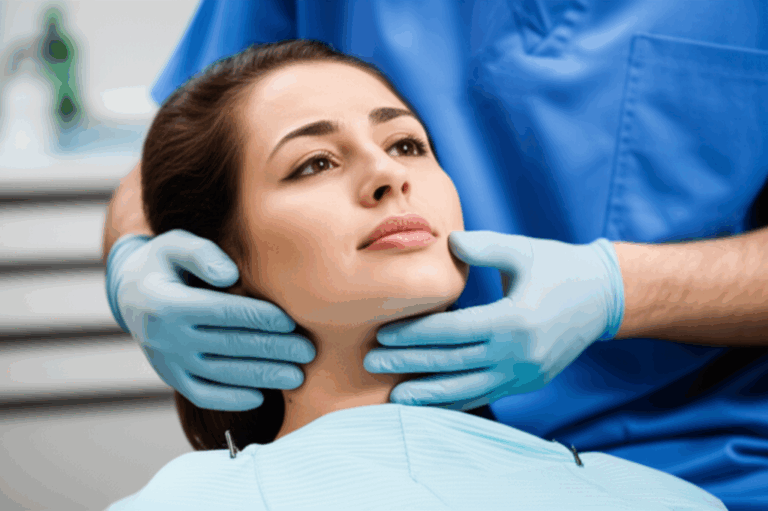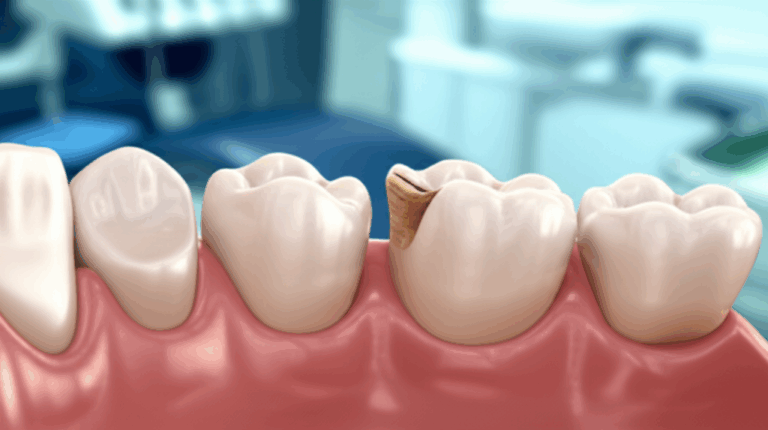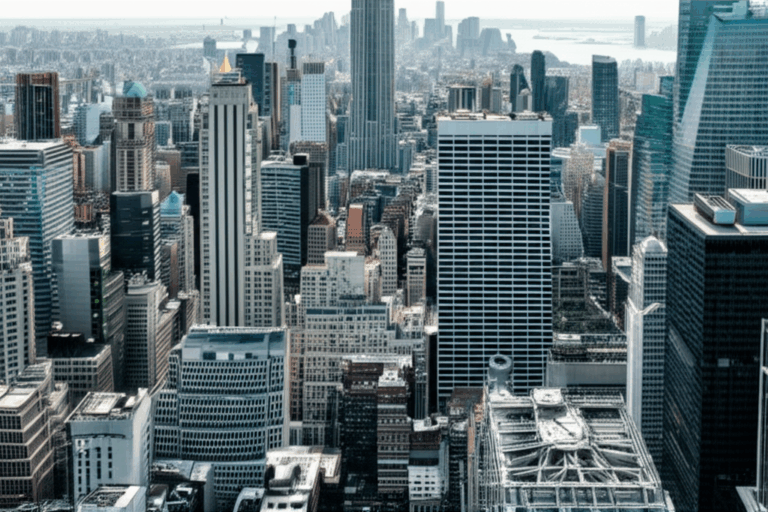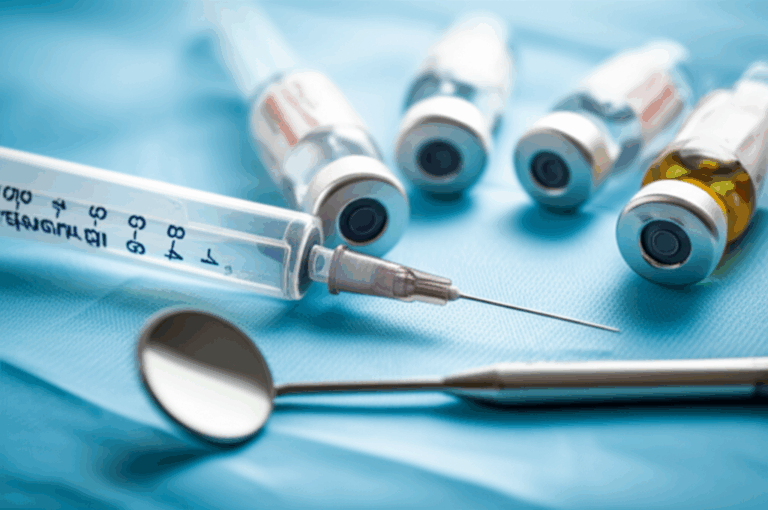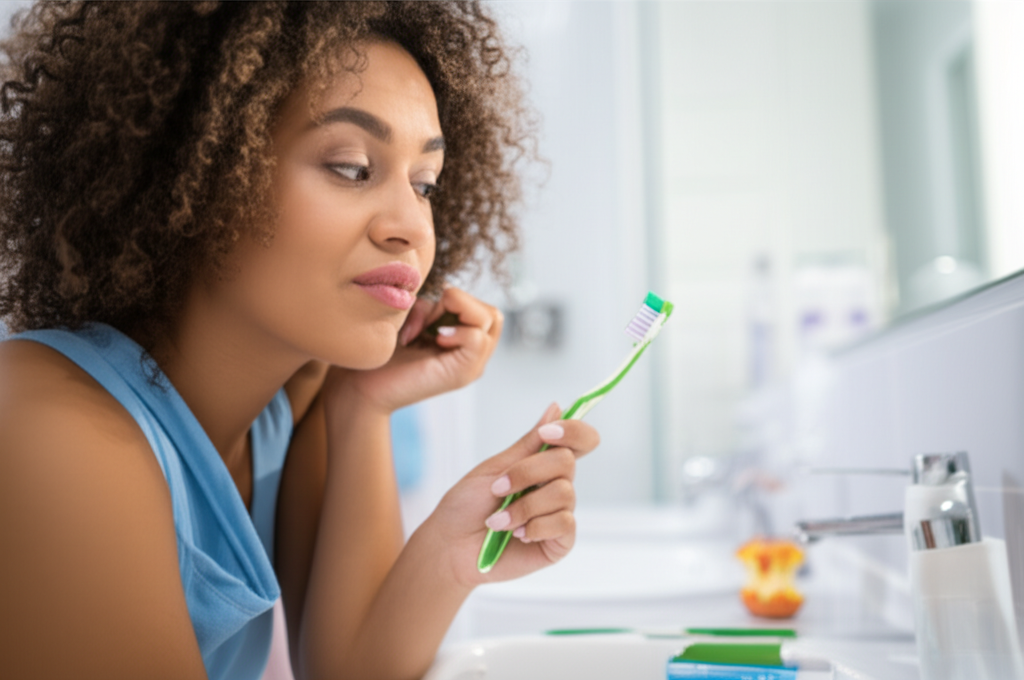
Is It Okay to Eat Before a Dentist Appointment? Your Essential, Compassionate Guide
That nervous feeling hits right before your dental appointment. You check the clock, your stomach growls, and you wonder: “Can I eat before I see the dentist? Or am I about to do something wrong?” You’re not the only one—lots of people ask their dentist this same question.
Let’s be honest. Dental visits can already be stressful without having to worry about your breakfast. Whether you’re going in for a simple cleaning, a filling, or something bigger like dental surgery, knowing if—and what—you can eat before matters. It can help you feel better, stay safe, and even get a better result from your treatment.
This guide gives you straight, easy answers and useful tips. You’ll find out when eating before an appointment is just fine—and when it’s not, what foods are best, what to skip, and how to show up with your mouth ready for the dentist. Think of this as your friendly, clear guide to those confusing pre-dental meals.
In This Article
- The Quick Answer: Can I Eat Before My Dental Appointment?
- When It’s Okay to Eat—and What Foods Work Best
- When You Should Avoid Eating (Sedation, Surgery & Special Cases)
- Foods & Drinks to Avoid Before the Dentist
- Top Pre-Dental Eating Tips: Set Yourself Up for Success
- Special Considerations: Diabetes, Kids, and Anxiety
- Frequently Asked Questions About Eating Before the Dentist
- The Bottom Line: Empowering You for Your Next Visit
The Quick Answer: Can I Eat Before My Dental Appointment?
Let’s settle it right away.
For most regular dentist visits like cleanings, check-ups, and simple fillings, yes—you can eat before. In fact, having a small meal can help you feel steady, keep your energy up, and make you less nervous. Just make sure to brush and floss well before you go.
But there’s a big exception. If your visit includes sedation, going to sleep, or oral surgery (like having wisdom teeth out), you usually need to have an empty stomach. Eating or drinking can cause nausea, vomiting, or even make you choke while you’re sedated. That’s dangerous.
Always check with your dentist or dental office. If you’re not sure, a quick call can save you from problems or having your appointment delayed.
When It’s Okay to Eat—and What Foods Work Best
Regular Cleanings, Exams, and Dental X-rays
If you have a standard check-up, cleaning, or maybe an X-ray, should you skip breakfast? No! Most dentists want you to have a small meal first. Why?
- Keeps your blood sugar steady: No food can make you feel shaky, nervous, or even faint—especially if you’re already a bit anxious.
- Easier to relax: A hungry, noisy stomach is distracting.
Still, no one wants morning breath or bits of food coming up during a cleaning. So, what’s good to eat?
Best Pre-Dentist Foods
- Plain yogurt or oatmeal
- Scrambled eggs or toast
- Bananas or apples (easy on oranges—they’re sour)
- Water or plain tea
These are gentle, don’t leave strong smells, and won’t leave sugar or acid on your teeth.
Remember: Brush and floss after eating, so your dentist can work on a clean mouth.
Cavity Fillings (Local Numbing Only)
If you’re getting a filling and only getting a shot to numb your mouth (you’ll be awake), you can eat before. This is smart, since your mouth will feel numb for 1–3 hours after the filling and eating then will be hard (biting your cheek by accident happens a lot!).
Try a small, easy-to-eat meal about 1–2 hours before. Stay away from big, greasy meals that can upset your stomach.
When You Should Avoid Eating (Sedation, Surgery & Special Cases)
Now, the flip side. Some dental treatments need you to have an empty stomach—for your safety.
Sedation Dentistry (Oral, IV, or Laughing Gas)
If you’re getting oral sedation, IV sedation, or nitrous oxide (“laughing gas”), the rules change.
Usually:
- Oral or IV sedation: No food for 6–8 hours, just clear drinks up to 2 hours before.
- Nitrous oxide (laughing gas): Sometimes a light meal 1–2 hours before, but nothing big.
Why? Sedatives make your body relax, even the gag reflex in your throat. If you throw up while you’re sleepy, you might breathe it into your lungs (called aspiration). That can lead to a bad infection or even death in rare cases.
Each dentist might have slightly different rules. Always follow your dentist’s exact directions.
General Anesthesia
Same story, but even stricter. If you’re “going under” for dental surgery, you must stop eating solid food 6–8 hours before, and stop drinking clear liquids 2 hours before.
- Eating before general anesthesia raises your chances of vomiting and breathing food into your lungs. This is very serious, so no good doctor will let it slide.
Oral Surgery (Extractions, Implants, etc.)
A lot of oral surgeries follow the same rules as above.
- With just numbing: Some dentists might want your stomach empty, especially if you easily feel sick or get very nervous. Ask your dentist.
- With sedation/anesthesia: Always do as your dentist says about not eating.
If You Get Nauseous, Have a Strong Gag, or Get Sick Easily
Big meal plus nerves? Not great. Even for simple treatments, if you usually get queasy or gag, eat just a little meal a few hours before. Skip spicy or fizzy foods to avoid upset stomach.
Foods & Drinks to Avoid Before the Dentist
Here’s what to steer clear of, even if you’re just having a quick clean or check-up:
- Sugary foods and drinks: Feed germs in your mouth, leave sticky bits, and make cleaning tougher.
- Sour (acidic) foods and drinks: Citrus fruits, tomatoes, soda—these soften tooth surfaces for a while.
- Sticky foods: Caramels, dried fruit, taffy—these stick to your teeth and dental tools.
- Smelly stuff: Onions, garlic, spicy foods. For courtesy, skip these before your visit!
- Coffee (especially with cream/sugar): Can stain your teeth and sometimes make you more nervous.
- Alcohol (including the night before): Makes you bleed more and can be dangerous with sedation.
This isn’t just about your dentist’s convenience—it helps make your appointment easier and nicer for everybody.
Top Pre-Dental Eating Tips: Set Yourself Up for Success
Worried about making a mistake before your dental visit? Keep these easy tips in mind and you’ll do fine.
Following these tips makes your visit safer, smoother, and might even make it quicker. Your dentist will appreciate your effort, too!
Special Considerations: Diabetes, Kids, and Anxiety
Dental visits aren’t the same for everyone. This is how you handle eating before if you have special needs.
Diabetic Patients
Skipping food can be unsafe if you use insulin or some medicines, but eating before anesthesia can also be unsafe. Talk to both your dentist and your doctor. They might need to adjust your meds or diet so you can fast safely.
Almost half of diabetic people need special plans with their medicine or food before fasting for dental work—don’t guess. Get clear answers for your situation.
Children
Kids often need to stop eating and drinking earlier before sedation or surgery. Always check your dentist’s specific instructions for your child based on their age, size, and if sedation is used.
For regular visits, a small meal is usually fine, but avoid allergies, sticky snacks, and sugary drinks.
Dental Anxiety
If the dentist makes you nervous (many people feel the same), you might want to skip food to avoid more stress. But actually, a small, soft meal can help. Try half a banana, oatmeal, or a piece of toast—nothing greasy or sour. This gives you steady energy and can calm nerves.
If your anxiety is really strong, let your dentist know. They have ways to help, like gentle sedation, calming tips, and more—they’ve seen it all.
Frequently Asked Questions About Eating Before the Dentist
How long before my dental appointment can I eat?
For cleanings, check-ups, and most treatments (when there’s no sedation), you can eat up to an hour before. Just leave enough time to brush and floss. If you need sedation or anesthesia, stop eating as your dentist says—usually 6–8 hours early.
Can I drink water before my appointment?
For almost all treatments, yes! Water keeps your mouth healthy. If fasting is needed, you can usually have water up to 2 hours before, but double-check.
What if I ate by mistake before a sedation or anesthesia procedure?
Tell your dental team right away. They might need to delay your visit, but it’s much safer to be honest.
Can I chew gum before my appointment?
It’s better not to. Gum leaves bits behind and makes more spit. If you do, rinse and brush before you go in.
What if I have special food needs, like allergies or celiac disease?
Let your dentist know before your visit. They want to help you avoid problem foods and give food advice for healing.
Handy Chart: Pre-Appointment Food Guidelines, at a Glance
| Category | Type of Visit | Can You Eat? | When/What to Eat | What to Skip | Why |
|---|---|---|---|---|---|
| Regular Cleaning, X-rays | Most check-ups | Yes | Light, low-sugar meal. Brush and floss after. | Sugary, sticky, sour foods. Strong smells | Comfort, hygiene, energy |
| Filling (local numbing) | Cavity filling | Yes | Small meal, 1–2 hours before. Brush after. | Greasy meals, heavy food | Mouth numbing makes eating hard |
| Nitrous Oxide (“Laughing Gas”) | Sedation | Maybe | If allowed: very small meal, 1–2 hours before. | Heavy, rich foods, big meals | Less chance of upset stomach |
| Oral/IV Sedation | Sedation | No | Fast from food: 6–8 hours, water up to 2 hours | All food & most drinks | Choking (danger) |
| General Anesthesia | Deep sedation/surgery | No | Fast: food for 6–8 hours, water for 2 hours | All food, most drinks | High choking risk |
| Dental surgery (extraction/implant) | Numbing or sedation | Sometimes/No | Ask your dentist—depends on sedation | Don’t break their instructions | Depends on the type |
| Diabetes (with fasting) | Anything needing fasting | Special Case | Special plan from your doctor and dentist | N/A | Avoids low blood sugar |
Real-World Examples: What Happens If You Don’t Follow Eating Rules?
Case #1: Skipped Breakfast (Regular Cleaning)
Emily was nervous and skipped breakfast. Ten minutes in, she felt faint. The hygienist stopped and got her juice and crackers. Lesson: Eat your meal unless told not to!
Case #2: Ignored Fasting Rule (Oral Surgery)
Tom grabbed a muffin before his wisdom teeth came out. Mid-procedure, he threw up—which was dangerous and ended the surgery early. Lesson: Fasting rules are there for your safety.
Case #3: Sticky Snack Problem
Lucy ate caramel before her orthodontist visit. Sticky stuff left her teeth messy and made the start of her visit late. Lesson: No sticky, sugary foods before dental work.
Why Dentists Care: The Simple Science
Why is what you eat important? It’s not just about clean teeth. Here’s why:
- Clean teeth = easier dental work. Leftover food, sugar, and acid make it hard for dentists to check or fix teeth.
- Eating before sedation or surgery is risky. When sedation slows your reflexes, food coming up can end up in your lungs, causing serious infection or worse.
- Some foods make teeth feel sore. Sour and sugary foods soften tooth surfaces and feed germs, making your visit less comfy.
What You Can Do Before Your Visit: Quick Checklist
If eating is okay:
- Stick with mild, non-sticky foods.
- Skip cold or hot drinks if your teeth are sensitive.
- Go easy on sticky, hard-to-clean food.
- Brush and floss really well.
If you need to fast:
- Set reminders so you don’t eat by mistake.
- Drink water (until you need to stop).
- If you slip up, tell your dentist fast.
Not sure?
- Call your dental office—it’s always the best solution.
When to Call Your Dentist About Eating
Still unsure? If any of these sound like you, reach out before your appointment:
- You have special food needs (diabetes, allergies, many medicines)
- You’re on several medicines that make not eating risky
- You’ve felt sick during or after other dental visits
- You’re nervous or not clear on rules
Your dentist’s job is to help, not just clean your teeth. A quick call is never a bother!
Internal Links: Learn More About Dental Lab Solutions
Interested in how dental appliances get made, or options for crowns and dentures? Here are some helpful resources:
- Find out how a modern digital dental lab works.
- See how a dental ceramics lab helps with tooth repairs.
- Curious about dentures? Discover what a removable denture lab does.
The Bottom Line: Empower Yourself for Your Next Visit
Came here asking, “Is it okay to eat before my dentist appointment?” Now you know:
- Yes, for most visits—you can (and should) have a small, healthy meal.
- Fasting is only needed for treatments that include sleep or sedation.
- Always follow your dental office’s own instructions.
- Brush and floss, don’t eat sticky or smelly stuff, and stay hydrated.
- Special situations (diabetes, kids, anxiety) mean you need custom advice.
Everyone is different, and so is every dental visit. The smartest thing you can do is ask instead of guessing. Let your dental team know your worries—they want to help you.
A good visit starts way before you sit in the dentist chair. By feeding your body the right way and keeping your mouth clean, you’re ready for a happy, healthy smile.
So yes, you can eat that toast (leave out the garlic), get your mouth clean, and head to the dentist with confidence.
Quick Summary Before Your Appointment
- Regular visits: Eat a little, brush well.
- Sedation/surgery: Fast as told, don’t bend the rules.
- Don’t eat: Sugary, sour, sticky foods, alcohol, or stinky stuff.
- Not sure? Call your dental office—it’s always safer to check.
Here’s to a stress-free dental visit—and many healthy smiles!
Sources: American Dental Association, Anesthesiology Journal, American Society of Anesthesiologists. For learning use only; see your dentist for advice that fits you.

